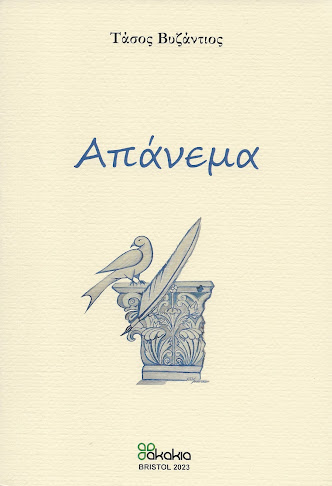Scipio was a black
slave who died aged 18 in 1720. His grave is in Henbury churchyard, Bristol
(about 2 miles from Westbury, on the edge of the Blaise estate). I walked there
one day recently and took these photographs.
His grave has these two
charming headstones.
Clearly the owner of
the slave had had a classical education as would have been the norm for men of
his class at that time.
The slave was named after
Scipio Africanus, a Roman General (White bust without nose).
There is much to admire
in Scipio the General; he returned the girl he was offered as a prize of war to
her father and returned the ransom the father had paid. He was in a position to
carry out atrocities at Carthage but didn't and let their defeated leader
retain some power. This was very much also the style of Alexander the Great.
My following poem tells
the story of the General's life and also describes his own grave - such a
contrast to the slave's.
Scipio Africanus
Publius Cornelius
Scipio
INGRATA PATRIA
NE OSSA QUIDEM HABEBIS
When offered, as a prize of war,
A girl betrothed to a local chieftain,
He spurned the beauty and returned
Intact both her and her father’s ransom.
A General at twenty; at thirty, Consul;
Conqueror of Hispania;
Victor of Hannibal at Zama –
Whence the agnomen Africanus.
Though Carthage lay at his mercy,
He declined to raze the city
And allowed his noble foe to continue
As Sufet of the Council.
The Populus Romanus clamoured:
Make Scipio Africanus
Consul for Life and Dictator.
He demurred and retired to Liternum.
Then war broke out with the Seleucids.
Shaking off his life of ease,
Scipio roused himself, went out
And routed Antiochus at Magnesia.
But, in espousing the mores of
Graecia,
He was judged unsound and unreliable.
Envious of his successes, Cato
Brought groundless charges.
Done with Rome, Scipio went back home
And instructed his tombstone be inscribed
UNGRATEFUL FATHERLAND
YOU
SHALL NOT EVEN HAVE MY BONES
Such
a modest tomb, it has not been found.
Richard
Devereux














































No comments:
Post a Comment